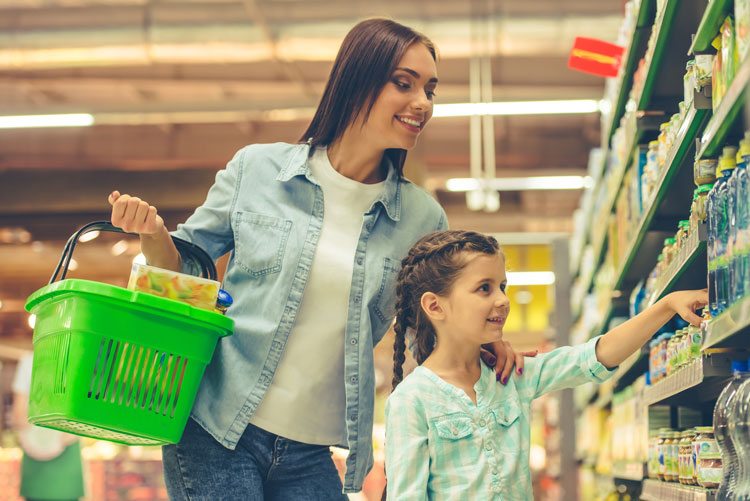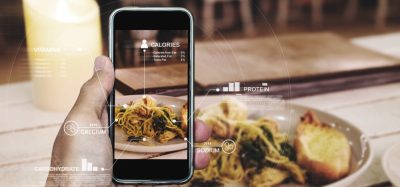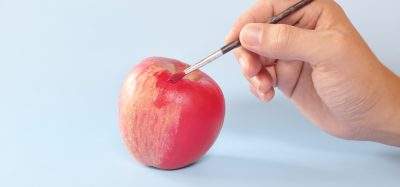UK charity champions honest sugar labelling on foods
- Like
- Digg
- Del
- Tumblr
- VKontakte
- Buffer
- Love This
- Odnoklassniki
- Meneame
- Blogger
- Amazon
- Yahoo Mail
- Gmail
- AOL
- Newsvine
- HackerNews
- Evernote
- MySpace
- Mail.ru
- Viadeo
- Line
- Comments
- Yummly
- SMS
- Viber
- Telegram
- Subscribe
- Skype
- Facebook Messenger
- Kakao
- LiveJournal
- Yammer
- Edgar
- Fintel
- Mix
- Instapaper
- Copy Link
Posted: 16 September 2020 | Mandy Parrett (New Food) | No comments yet
UK charity, Action on Sugar, makes plea for UK Government to bring about mandatory honest labelling regarding the sugar content of food.


Leading health experts, Action on Sugar, are calling for the UK Government to ensure that its current consultation on Front of Pack Labelling (FOPL) in the UK results in mandatory FOPL that reflects the latest dietary advice on free sugars1 (not total sugars).
This comes after the group unearthed worrying data about so-called ‘healthy’ fruit snacks aimed at children, which can contain up to five teaspoons of sugars per serving. The charity also suggests a ban on the use of misleading claims such as ‘1 of your 5 a day’, ‘naturally occurring sugars’ or ‘made from real fruit’. While such claims are legal, they infer an inaccurate ‘health halo’ that discourages parents from thoroughly scrutinising the ingredients, says the charity.
All products surveyed would have received a red traffic light FOPL for high sugars, meaning they are not a healthy snack choice. Furthermore, the group explained that many of these products are wrongly advertised as ‘snacks’ despite guidance that children should not consume these products in between meals, and that they are not permitted in schools because they are categorised as ‘confectionery’.2
“These products line the shelves of the ‘baby and child’ aisle in supermarkets with attractive packaging designed to appeal to new parents. However, the nutritional information is hidden on the back of the packaging making it unclear to tell at a glance if they are a good choice or not. Our research has uncovered the truth that, based on their high sugars content, these fruit snacks would be better placed in the confectionery aisle,” argued Sheena Bhageerutty – Assistant Nutritionist at Action on Sugar.
‘Healthy’ snacks perpetuating obesity crisis
Processed dried fruit products are marketed as ‘healthy snacks’ due to their high fruit content. However, the sugars in these products are categorised by Public Health England as ‘free sugars’ as they contain purees, concentrates, juices and extruded fruit, or added sugar by coating or flavouring dried fruit – all of which can contribute to obesity, Type 2 Diabetes and tooth decay.
“Whilst the Government gets to grips with the current COVID-19 pandemic, it mustn’t ignore that the situation is fuelling the UK’s other pandemics – obesity, Type 2 Diabetes and tooth decay – all linked to high sugar intakes, which the food industry is solely responsible for,” Graham MacGregor CBE – Chairman of Action on Sugar, Professor of Cardiovascular Medicine, Queen Mary University of London, pointed out. “It’s imperative that whichever organisation takes over from Public Health England ensures comprehensive and compulsory reformulation targets are set across the whole of the food industry to gradually reduce the amount of sugar and excess calories in food and drink.”
With current labelling based on total sugars,3 (ie, free sugars found in processed fruit, table sugar, honey, etc., as well as those from unprocessed fruits, vegetables and milk that are not harmful) many parents are mistakenly buying these processed fruit snacks assuming they contribute less of the ‘unhealthy’ sugars than they actually do. In addition, current labelling gives an ‘allowance’ of 90g of sugars per person, which is based on an adult’s intake and not a child’s.4
The latest figures by the Local Government Association 5 showed that nearly 45,000 hospital operations were performed to remove rotten teeth, serving as a reminder that too much sugar in children’s diets can have dire consequences.
“The message to food manufacturers is quite simple,” said Katharine Jenner – Campaign Director of Action on Sugar, Queen Mary University of London. “Stop tricking parents into thinking your products are healthy. The only information about nutrition that should be on children’s foods is the nutrition information panel and the colour-coded (‘traffic light’) front of pack label.”
References
- Swan et al, 2018. A definition of free sugars for the UK: https://www.ncbi.nlm.nih.gov/pmc/articles/PMC5962881/
- UK Government, School Food Standards, 2019: https://www.gov.uk/government/publications/school-food-standards-resources-for-schools
- Current labelling gives an ‘allowance’ of 90g of sugars per person per day. This is called a Reference Intake (RI). The 90g sugar figure is based on total sugars.
- The recommended daily maximum of free sugar for a 4-6 year old (19g), 7-10 year olds (24g) and anyone over 11 years (30g).
- Local Government Association, 2020: https://www.local.gov.uk/lga-nearly-180-operations-day-remove-rotten-teeth-children
Related topics
Health & Nutrition, Ingredients, Obesity, Packaging & Labelling, Supermarket, The consumer
Related organisations
Action on Sugar, Dental Wellness Trust, Local Government Association, Public Health England (PHE), Queen Mary University of London, UK Government
Related regions
Related people
Dr Saul Konviser, Graham MacGregor CBE, Katharine Jenner, Sheena Bhageerutty









